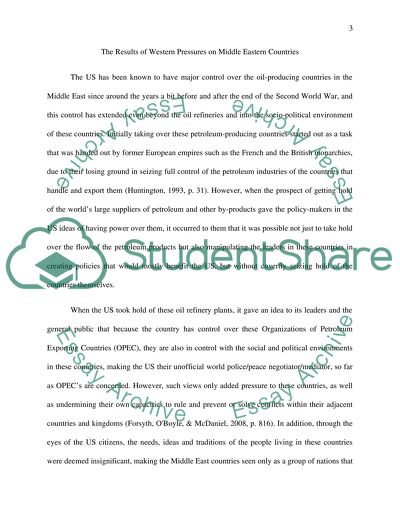Cite this document
(“The pressure and the result Research Paper Example | Topics and Well Written Essays - 1500 words”, n.d.)
The pressure and the result Research Paper Example | Topics and Well Written Essays - 1500 words. Retrieved from https://studentshare.org/philosophy/1463941-the-pressure-and-the-result
The pressure and the result Research Paper Example | Topics and Well Written Essays - 1500 words. Retrieved from https://studentshare.org/philosophy/1463941-the-pressure-and-the-result
(The Pressure and the Result Research Paper Example | Topics and Well Written Essays - 1500 Words)
The Pressure and the Result Research Paper Example | Topics and Well Written Essays - 1500 Words. https://studentshare.org/philosophy/1463941-the-pressure-and-the-result.
The Pressure and the Result Research Paper Example | Topics and Well Written Essays - 1500 Words. https://studentshare.org/philosophy/1463941-the-pressure-and-the-result.
“The Pressure and the Result Research Paper Example | Topics and Well Written Essays - 1500 Words”, n.d. https://studentshare.org/philosophy/1463941-the-pressure-and-the-result.


